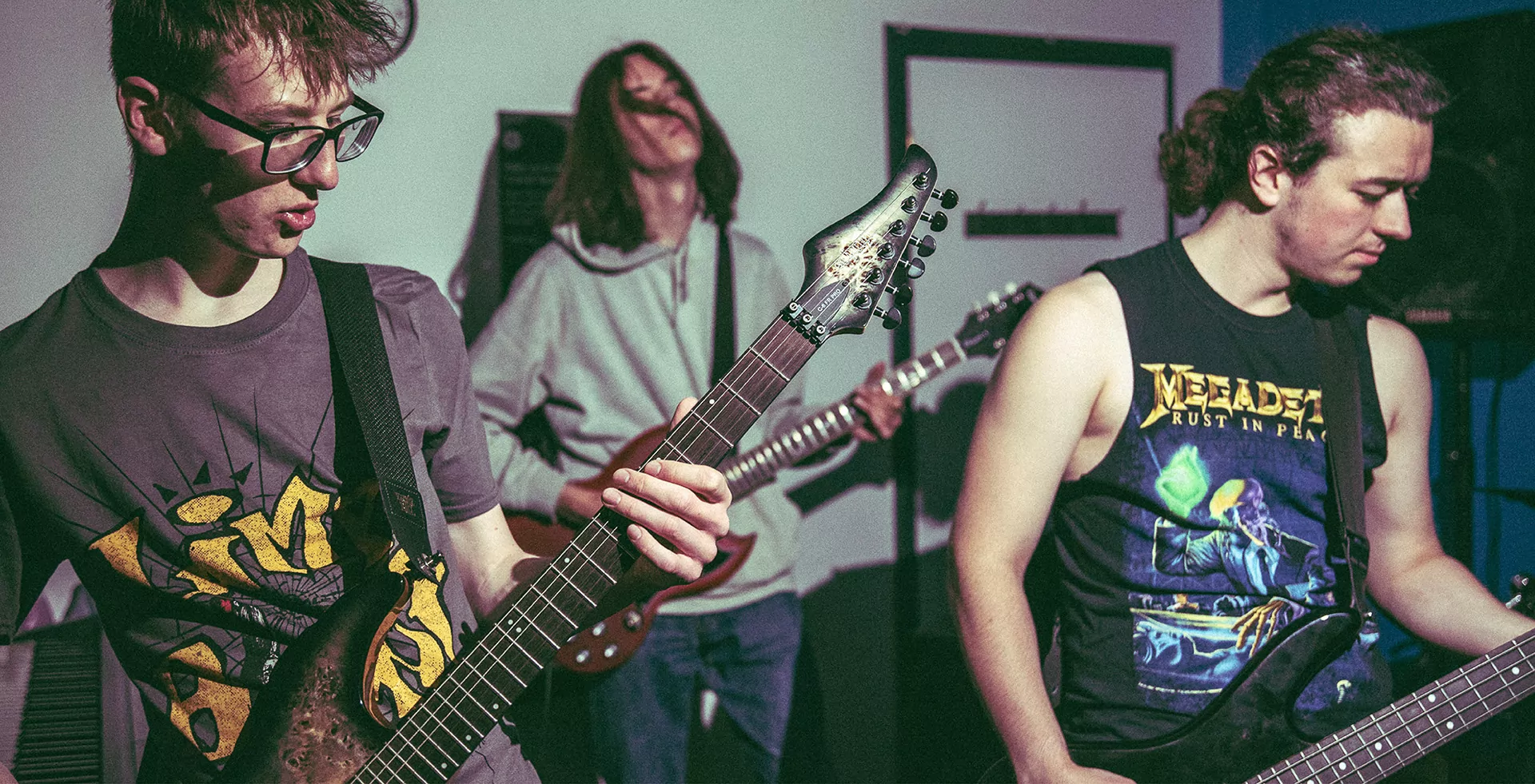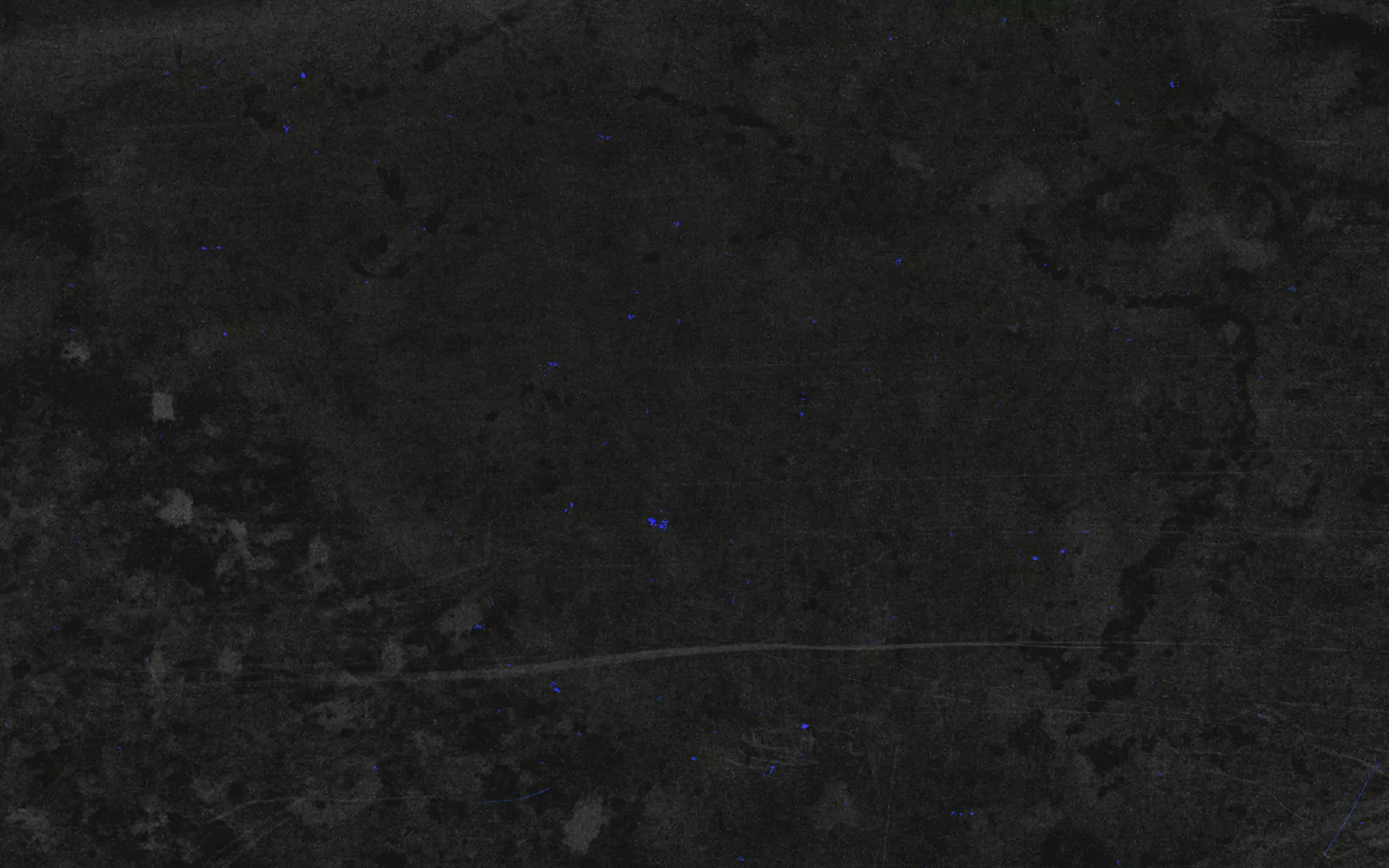Entry Requirements
A Levels (DDE) or BTEC Extended Diploma
Duration
Two Years – 3 Days a Week
Qualification
Music Performance FdA
Developing the technical mastery of your instrument or voice is at the core of Music Performance FdA. Hone your skills as a musician through performance, recording, production and songwriting. In addition you will study how music has developed, both as an art form and business, into the global industry it is today. From engaging with our industry experts in your daily classes to being inspired by a diverse range of guest speakers during Industry Week, you will have countless opportunities to expand your horizons and forge invaluable relationships.
You will learn to create, record, perform and market your music, whilst also gaining skills as a critical thinker and academic. You will gain a firm grasp of the hard and soft skills needed to work with clients, industry figures and other artists.
Classes are a mixture of rehearsals, live performances, workshops, seminars and tutorials – all face to face. During these sessions you will develop your expertise, working alongside our expert tutors who are active professional musicians and have performed with some of the world’s biggest artists on some of the world’s biggest stages. A summary of course delivery consists of:
IT lab sessions
Technical workshops
Independent project work
Presentations
Studio sessions
Academic tutorials
Independent Research
Guest Speakers
Off Site visits/experiences
Modules
Digital Audio Workstations (DAWs) are the digital canvases you will need to navigate to put down, cultivate, and develop musical ideas throughout your career. In this module, you will learn and apply different DAW techniques to create and arrange music through a series of set tasks, thereby developing a skills portfolio that you can apply throughout your course and career. You will build upon these skills to support your song writing module, generate ideas, and understand their role in a wide range of applications.
This is what it’s all about: the skill and the art of performance! This module will help develop your core instrumental and performance skills, focusing on the deployment of key areas of instrumental/vocal technique, use and application of rhythm, groove, communication and creativity.
You’ll develop as a performer by learning techniques to effectively engage, enthuse and captivate an audience. You will analyse classic and contemporary material and discover the key elements that make it work so well.
Ultimately, you’ll employ your findings by performing sets of covers and collectively create compositions using the elements explored throughout this module.
You will explore contexts of working in the international world of sound and music and how you might establish a career by exploring the flow of money through the industry and relevant current and emerging trends.
You’ll assess your current skill set and discover what you need to do to improve your chances of success on your employable journey. You’ll choose work like briefs lasting at least 80 hours to enable you to experience working opportunities in a field of interest, then reflect on your learning to set you up for the rest of your course in an employable mind set. Your future starts now!
This module aims to build an understanding of the theory and context of songwriting. You will explore classic songs from the history of popular music and, through deconstructing them, discover the component parts and common techniques used to create great material!
By embracing this process, your aural perception skills, music theory, instrument, and arrangement skills will naturally develop. You will then apply these skills to recreate classic tracks and collaborate with others to write songs based on these techniques and genre-specific elements.
Throughout the module, you will study different approaches to the craft, working both individually and collaboratively on assigned briefs. This will enable you to create a body of work that demonstrates a growing understanding of music genres through your songwriting skills.
In this module, you’ll explore key events, songs and artists that helped shape the history of popular music as we know it. You’ll gain an understanding of the social and cultural contexts that have guided its development, whilst you are supported in developing your research skills to explore case studies.
Songs and artists you investigate will be analysed, and material rehearsed and performed in your songwriting and performance sessions. This means you’re fully immersed in a whole host of material and styles to help you be an informed, well-rounded musician.
Progressing from Year 1, you will engage in playing more complex material, conducting deeper analysis of the component parts, and exploring the most effective ways of communicating them to your peers and ultimately, an audience! You will perform original material and rework classic songs, adapting them to the sound and style of specified genres.
Technical proficiency on your instrument will be further advanced and developed throughout this process. You will receive guidance in stagecraft and setlist design techniques, aiming to build performer confidence and learn how to professionally entertain and engage a live audience with a powerful performance.
You’ll develop your songwriting skills further by dissecting more complex songs from a wide array of genres to understand what makes them successful. You’ll participate in a series of workshops where you’ll practise various working methodologies to write material, both in solo and collaborative scenarios.
You’ll explore top line, rhythmic, melodic, and lyrical methods, equipping you with the tools you need to hold your own in any songwriting session. Effective communication of ideas is essential for any collaborative process including working with other musicians who bring your ideas to life.
You’ll learn how to communicate arrangements and ideas effectively using rhythmic and harmonic notation, chord symbols, and lyric/chord guides, and apply them to real-world scenarios.
This module focuses on exploring the exciting world of composing for media. Building on your compositional and DAW skills from year one, you will utilise them in a variety of real-world scenarios to create music for media use. These may include jingles, genre-based library music, and music for film and other media.
You will examine and research these areas, gaining insight into how best to apply your current DAW knowledge with other tools and techniques and expand on that skill set by successfully completing example scenarios. Composing for media is a substantial part of today’s industry and an area in which you should be well prepared to engage.
This is where the reality of being a freelance practitioner really comes into focus. During this module, you will source and manage appropriate self-directed projects of at least 20 hours in an area that aligns to your career aspiration, working individually and collaboratively, applying the research, knowledge, and skills learnt throughout the course in common real-world scenarios.
You will also be given a further 80 hours of relevant industry briefs over the year to complete and reflect on. The aim is to develop your overall professionalism and provide you with the knowledge and resources to begin a career in the creative industries which are increasingly defined by freelance and self-employed models of work.
Projects can cover a wide range of scenarios, and you must be able to adapt quickly, spinning a number of plates at once. You will need to work under pressure to strict deadlines and learn how to manage your time and resources effectively whilst looking after the wellbeing of yourself and your collaborators.
You’ll explore relevant legal frameworks such as copyright and intellectual property and examine how money flows in your particular area of interest so you’re best placed to exploit your talents for financial sustainable gain.
Music plays an integral part in everyday life across cultures and societies. It can transcend language and cultural barriers and influence individual and social identity, politics, fashion and technology.
This module offers a deeper understanding of the contexts in which music is created, performed, received and how it has evolved or influenced social change.
You will delve into various musical genres, styles, and traditions across different time periods and cultures. The module aims to enhance critical thinking and analytical skills by examining the social, political, and artistic influences that shape musical practices.
You will also develop your research and communication abilities as you explore and present your findings on significant musical works, composers, and movements. The skills you develop in this module will help you as a working musician: broadening your musical horizons and giving you the skills to argue your ideas, understanding the role of music in the wider world.
This module serves as the recording musician’s toolkit. The landscape for a recording musician is no longer limited to the traditional bigger studio ‘Session’ setup. Home studio setups have now become a significant part of the instrument recording business, catering to clients and session briefs that include songwriters, producers, library companies, film/TV soundtracks, content creators, as well as your own projects.
The module covers both larger studio ensemble recording and remote recording. You will learn the fundamental processes of recording and producing your own instrument or voice. This includes how to communicate properly with a client, audio file management, and selecting the appropriate gear and processes that meet the needs of any given recording scenario you may encounter as a jobbing musician.
You will also develop skills in critically comparing recording equipment across different budget points, audio engineering skills, understanding group recording etiquette, maintaining session structure and energy, effectively communicating with producers, and fostering repeat business.
Entry Requirements
You will need one of the following options:
A-levels – DDE
BTEC Extended Diploma – MPP
64 UCAS Tariff points from three A-levels or equivalent qualifications
two GCSEs including Maths and English grade C.
You will also have at least one of the following music qualifications:
A-Level in Music
BTEC Extended Diploma in Music (or similar, e.g. RSL Awards)
Music Theory Grade 5 (ABRSM, Rockschool, Trinity or equivalent)
If you don’t have one of the above music qualifications, we’ll ask you to submit examples of your work.
Careers and Progression
The creative sector is one of the fastest growing areas of the UK economy and a great and exciting place in which to work.
A top-up one year course leading to a full BA degree and then on to a Masters if you wish.
Employment, or self-employment, in the creative industries. This may be as a freelance musician, or it may be into another area of the music or creative industries.
A creative higher apprenticeship as a stepping stone to work.
Careers include:
Performing artist
Songwriter
Session musician
Composer for visual media
Apply
Apply for the Music Performance FdA degree course below.











